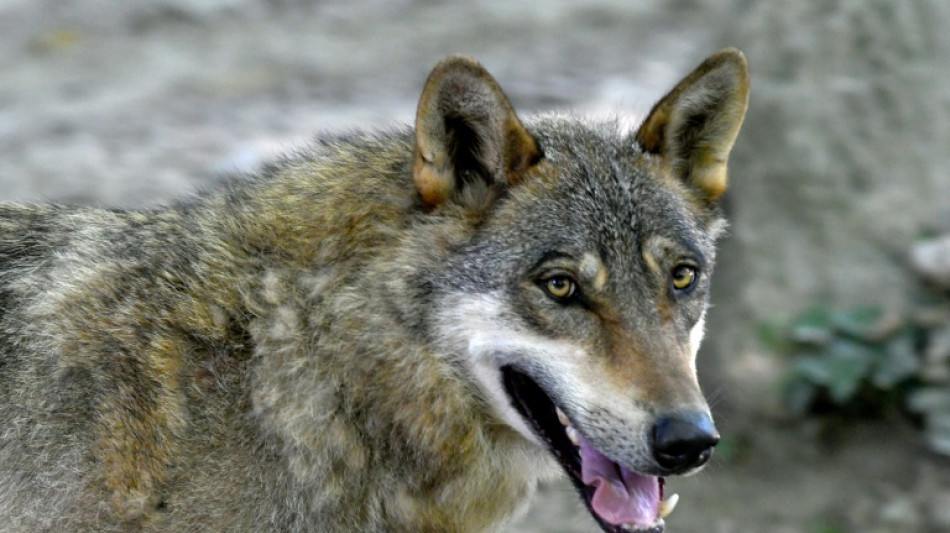

First wolf-dog hybrid confirmed in Greece
A prominent Greek wildlife group on Friday said it had confirmed the first case of a wolf-dog hybrid in the north of the country.
The Callisto group -- which is currently involved in efforts to trap a rogue wolf in Halkidiki, northern Greece -- said the hybrid was found near the northern city of Thessaloniki.
"This is the first genetic (case) to be confirmed in Greece," Callisto biologist Aimilia Ioakimeidou told a conference in Athens.
The animal is 45 percent wolf and 55 percent canine according to DNA testing, she said.
It was discovered during tests on 50 wolf samples from the Greek mainland, Ioakimeidou said.
While wolf-dog hybrids had previously been reported in Europe, Central Asia and the United States, that categorisation largely stemmed from just the appearance of the animals.
Later genetic testing has shown such hybrids are rarer than first thought.
The wolf population in Greece has been growing steadily in past years as a result of a 1983 hunting ban under the Berne Convention.
According to a recent six-year study recently concluded by Callisto, it stands at 2,075 individuals, including at least three packs of a minimum of 31 wolves in the Mount Parnitha range near Athens.
The Thessaloniki-based organisation aims to study, protect and manage the populations and habitats of large carnivores such as bears and wolves and other endangered species.
It is currently mounting an operation to locate a young wolf that injured a five-year-old girl from Serbia in the coastal resort of Neos Marmaras on September 12.
While domesticated dogs came from a close relative to the grey wolf some 40,000 to 15,000 years ago, the story of their origin has shifted in recent times.
A longstanding popular theory had held that wolves became tame by hanging around human settlements for food scraps.
But that has been challenged, and another theory holds that perhaps human hunter-gatherers took wolf pups to rear and they developed into the dogs we have today.
M.Papanikolaou--AN-GR



